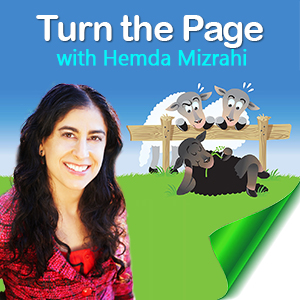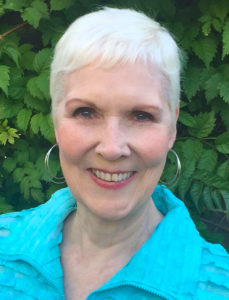Independent book editor and publishing expert Janet Spencer King joined me on âTurn the Pageâ to discuss how to become a published author.”
In this post, Janet offers additional advice to help make your book a success!
WILL MY BOOK BE A SUCCESS?
Janet shares, âJust about every client I have ever had asks me the Big Question: âWill my book be a success?â No one can answer this question upfront; there simply isnât a way to determine if a bookâhowever good it isâwill do well. However, there are several factors to keep in mind when you decide to write and publish your book.
Fiction writers need to keep writing! Most first-time fiction authors canât expect to sell many books. But we fiction readers are a greedy bunchâwhen we find an author whose work we like, we want more. Authors who hang in there, writing another and yet another novel, have a much better chance of being discovered. It may not be until the third or even fourth book, but once success starts creeping in, readers are apt to go back to purchase your previous titles. The beauty of being a self-published writer is that your books live on in perpetuity unlike traditionally published ones, most of which are pulled off the market well within the first year.
Many non-fiction writers have the advantage of an existing platform that will help sell their book. Given that non-fiction is often based on a successful business, or expertise in particular areas, these authors may already be doing presentations, holding workshops, and in other ways meeting people who are in their reader niche.
Read books in your genre that are currently popularâyouâll find out how to handle many areas in your own book by learning what other authors did. Go to writersâ conferences as often as possible. You will learn lots more about writing and meet editors and agents. Google lists conferences around the country according to region and genre.â
CRAFTING YOUR WEBSITE URL
âAll writers, whether fiction or non-fiction must have a web site! I advise using a URL with your name plus the word âauthor.â For example, www.spencerkingauthorservices.com . The reason is that your site now welcomes your next book and your next. Using one bookâs title locks you into one book only. Non-fiction authors might want to link their expertise to their name in the URL.â
PRICING E-BOOKS
âMany traditional publishing houses are setting e-book prices nearly as high as print books, but self-published authors are free to set their own. I advise no higher than $9.99 and as low as $6.99 for smaller books. Amazon pays 70% royalties on sales of e-books priced between $2.99 and $9.99, and 35% on books that are priced higher than $9.99. The price on your e-book must be at least 20% lower than the print book in order for you to get the 70% rate.â
WHY ITâS SO IMPORTANT TO OWN YOUR BOOKâS ISBN
âYou must own your bookâs ISBN! It tracks all information including the publisher (you!), sales and revenue. The ISBN cannot be transferred; once purchased by someone, it remains with that entity and youâll want it to be you. In the US, purchase of ISBNs are through Bowker.com, one number or a packet of ten. I suggest purchasing a packet since you can use it for e-books and other future books.â
RECOMMENDED RESOURCES
Janet recommends, âThe Novel-Makerâs Handbookâ by Diane OâConnell (Station Square Media), and âJeff Hermanâs Guide to Book Publishers, Editors & Literary Agents,â by Jeff Herman (New World Library).
Listen to our conversation for guidance on navigating the options of traditional and self-publishing, and more tips on writing a professional-level book that will sell!






